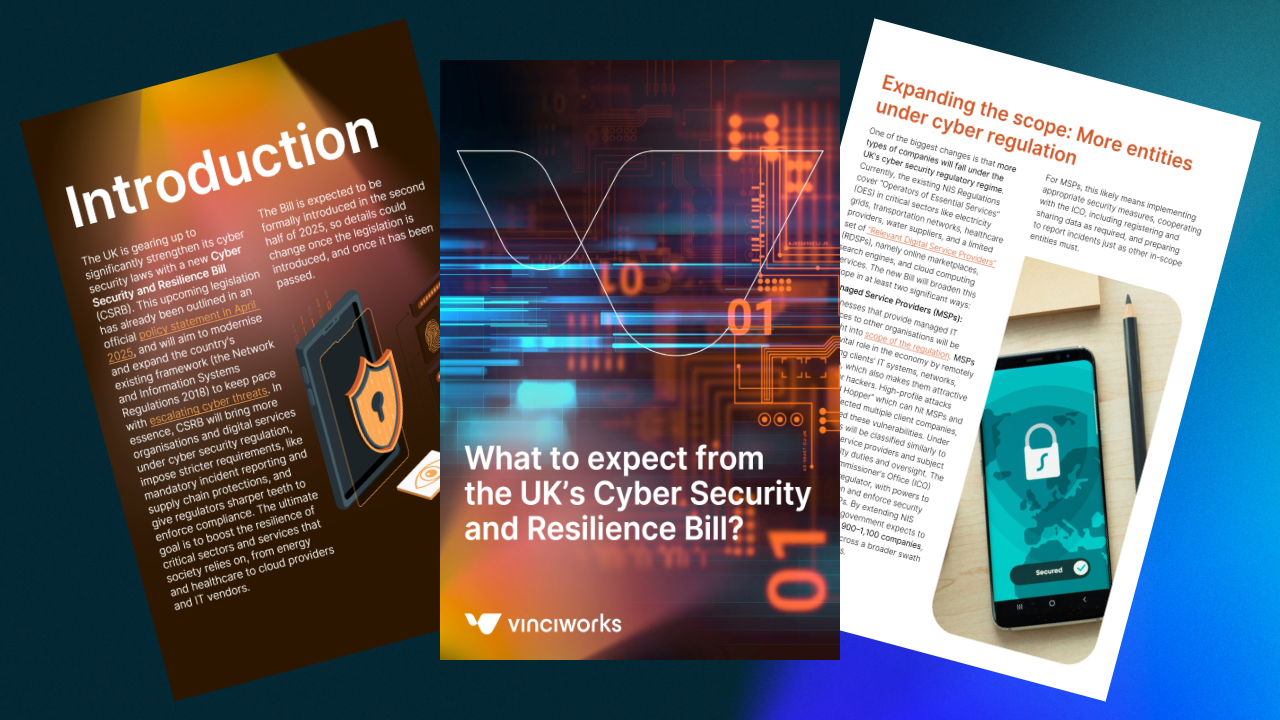
A cyber security breach of major magnitude was reported in April 2016 and involved Panamanian law firm Mossack Fonseca. The breach revealed information including millions of documents and emails with data about the firm’s clients, both individuals and companies.
It is still unclear whether the attacker is an insider with access to the firm’s systems or an entity from the outside.
Another possibility is that the breach was less of a sophisticated attack but rather the result of out-of-date security and inferior cyber security measures at the firm.
Mossack Fonseca’s security weaknesses are all too common. From failing to update their web server software to leaving the system vulnerable and open to entry by the wrong users, the issues that may have led to this security breach are critical to address in any company.
Beyond maintaining updated software, it is essential for firms and their employees to secure data lineage. Data lineage is the process of tracking who has access to your data and when. As a firm employee, when you place files and sensitive client information on external non corporate approved sites, you compromise the integrity of client data.
Want to explore more tools to increase your company’s cyber security? Demo VinciWorks upcoming Cyber Security course here.












